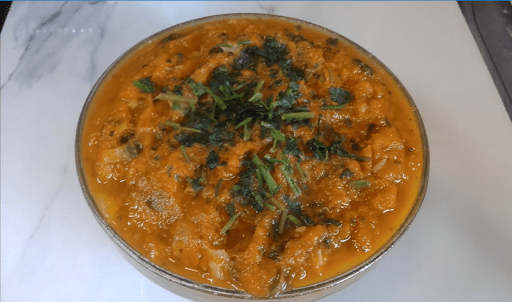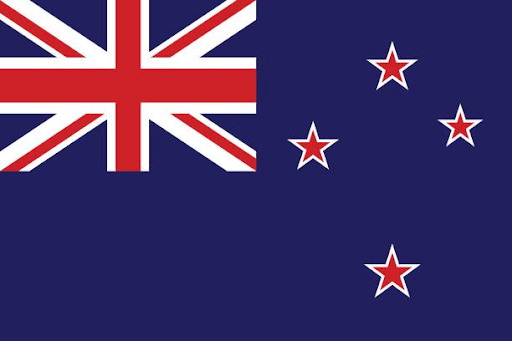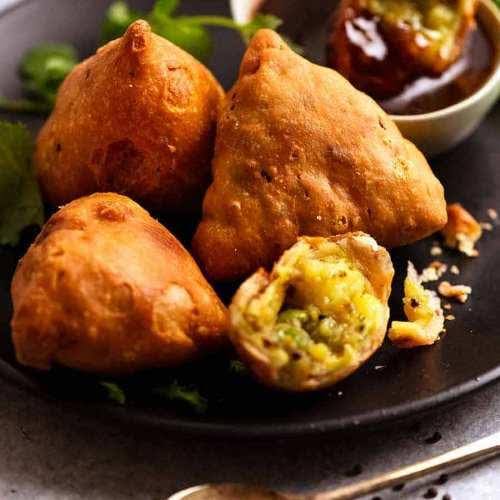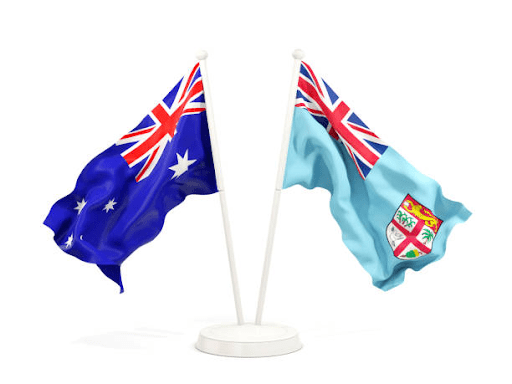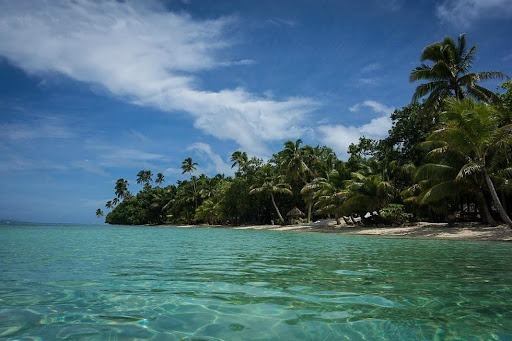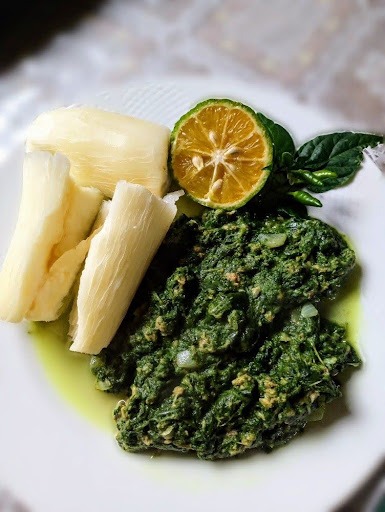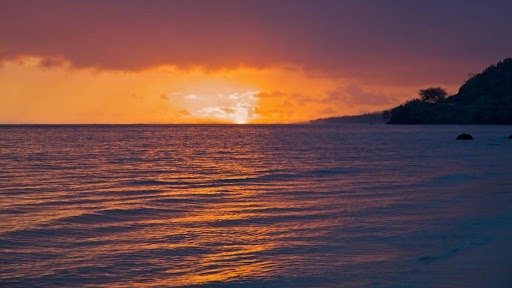Na Vakatawase, the traditions of New Years in Fiji
New Years in Fiji is still part of the holidays, with the capital city and urban areas scarce of its usual population and government departments with business corporations closed for the holidays. Schools are also closed and do not resume until late January or early February. The parting of the year, the ending of one from November to December toward the beginning of another new one is most favourable for Fijians. Many Fijians (indigenous) working in mainland Viti Levu, return to their villages for Christmas and New Years taking their families with them. New year’s is celebrated for an entire week in Fiji, filled with lots of merrymaking.
The word and its meaning – Na Vakatawase
‘Na Vakatawase’, is an Anglicised term for New Years, the word itself has its own meaning. ‘Vaka’, is a prefix that means ‘like’ or ‘that of’ and can be used independently as well and ‘tawase’, refers to the division or separation of something. Together, these words now refer to the division of the ending year as we embark into another new one. New Years is more than watching fireworks in Fiji, it is a celebration of gratitude for reaching another new year alive and well. So, many Fijians prefer celebrating the parting of the year with their families and friends.
Fiji’s tradition of New Years
There are many traditions that help celebrate the arrival of the New Year. For most villages and churches in urban areas, this starts with a night-watch or watchnight service, a few hours before the midnight of the 31st of December.
After church, which usually ends an hour or two before midnight, the congregation then convenes in the village hall or church hall for a Yaqona ceremony. After the ceremony (veiqaraqaravi), drinking then begins to await the arrival of a new year.
For Fijians, because a large number of which are still practising Christians, many of whom being Methodists continue to gather for church every night for the entirety of this one week after New Year’s. This is known as, ‘Na Macawa ni Veivakavoui’, which literally translates to, ‘the week of (spiritual) renewal’. The Sunday at the end of this week, is called, ‘Na Lotu ni Veiyalayalati’, which means, ‘the church service of a mutual agreement or promise’, a promise done in church, to God for a new beginning, cleansed off the past years’ deeds. This marks the closing of New Year’s celebration, which for most villages also ends all sorts of merrymaking.
‘Veisui’ and ‘Vakamamaca’
Merrymaking begins during this time and people part-take in something called a ‘(na) veisui’ and ‘vakamamaca’. These too, have their meanings, ‘vei’, is a prefix that indicates the plural quanitity of something, and ‘sui’, is to splash water. In traditional Fijian fashion after splashing water on someone, you are expected to give a dry change of clothes to them. This is known as ‘(na) vakamamaca’, ‘mamaca’ is an adverb of the word ‘maca’, which means ‘dry’, so the former refers to the action of drying off. Children also partake in the fun of water splashing and in most parts of Fiji they are usually excused from providing a vakamamaca. Wetting someone is traditionally believed to be clean off of their deeds of the past year.

The Fiji Police band entertaining the crowd during 2023’s New Year celebrations. Photo credit: Fiji Times via Facebook.
In some cases, vakamamaca [va-ka-ma-ma-the] is done without the need for water, and just requires giving someone dry clothes or a ream of fabric loosely garlanded onto the person or gathered around them instead. This is usually done between ‘(vei)tavaleni’s’ (cross-cousins) or ‘(vei)tauvu’s‘. The latter, is a veiwekani (relation) that’s a result of people of different parts (vanuas) descending from the same ancient spirit (vu) or having their ancestral spirits battled at a time or having ancestral chiefs allied with their vanua’s (land/people). Today, for fun and banter, a man receiving a vakamamaca might be given a dress which he then must wear and have lipstick applied to his lips.

Vakamamaca for the police band. Photo credit: Fiji Police Force via Facebook.
Other News Year’s traditions
Qiri Kava and Bamboo Cannons (Dakai Bitu).
For New Year’s, water splashing isn’t the only merry making fun people engage in, there are a variety of other traditions that are widely entertained. The ‘Qiri Kava’, is an activity encouraged for children, at times engaging entire villages or neighbourhoods to part-take in as a community. ‘Qiri’, means to sound or to beat on something. ‘Kava’, refers to tins, cans or corrugated iron. Cabin sized tins (44 x 34 x 34) packaging biscuits sold since the 70’s, were widely used for this celebration, however, these day’s children have found other alternatives as biscuits have now been packaged in plastic fibred buckets instead.

Qiri Qava squad. Children from Howell Road, Suva.
Another New Year’s tradition that is a riskier alternative for fireworks is the use of ‘Dakai bitu’ (Bamboo play-cannon). Bamboo is cut a metre long or more, with a hole cut on one side. Applying the same concept of how a cannon is fired, it uses a fuse hole that projects sound from an external ignition source with the aid of Kerosene. Only areas where there is a large indigenous Bamboo species of schizostachyum glaucifolium known as ‘Bitu dina’ (real bamboo) is used for this activity. Places like the Naitasiri province, other parts of mainland Viti Levu and secondary islands that have forests large enough to have bamboo, utilise this tradition as well.
In Fiji, it is well known that food is our love language. In fact, it is Fiji’s best-kept tool for socialising and keeping with good relations. During festivities like Christmas, New Year’s or any ‘Soqo’ [so-ngo: occasion], families will usually serve a plate or a bowl of a variety of food that they are having and share it with their neighbours, this is known as a ‘itakitaki’. ‘Taki’, refers to dipping a cup/ spoon into something (usually liquid) to serve it.
If you’re someone who dislikes getting wet, I suggest you skip moving around during New year’s and likely stick to the perimeters of your hotel because for Fiji, getting wet on your way to work, school or somewhere important is a daily occurrence during New year’s. This one week celebration isn’t limited to the first week of January and for some places, it may drag out for the entire month of January.


